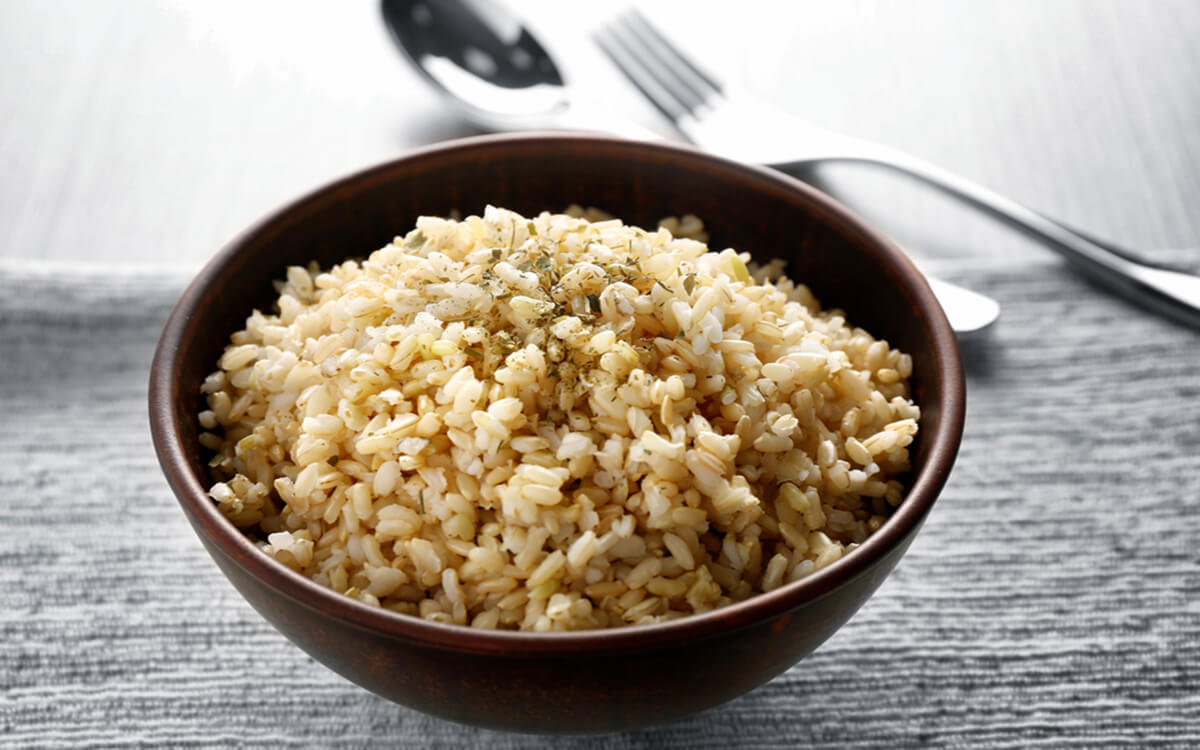The Role of Brown Rice in Traditional African Cuisine
페이지 정보

본문
Brown rice has played a subtle but meaningful role in African culinary traditions, especially in coastal and riverine zones where rice has been grown for generations. While staples like millet, sorghum, and cassava dominate many African diets, brown rice has carved out a niche in areas blessed with consistent water access where irrigation and favorable climate support its growth.
In several West and East African nations, many opt for brown rice for its nutty flavor and خرید برنج قهوه ای higher nutritional value compared to refined white grains.
In West African coastal towns, for example, brown rice is used in thieboudienne, where it is slow-cooked alongside seafood, herbs, and a vibrant crimson sauce. Unlike the traditional white rice iteration, using the whole grain brings a satisfying bite and rustic depth that deepens the complexity of the dish. It also provides more fiber and essential nutrients like magnesium and B vitamins, which are especially beneficial in communities where access to diverse food sources can be limited.
In Nigerian homes, brown rice is sometimes used in jollof rice, particularly in nutrition-focused families or among those choosing unrefined grains. Though the dish is traditionally made with white rice, the switch to brown rice reflects a growing awareness of nutrition and a return to less processed foods. The patient, slow preparation is seen not as a drawback but as a ritual that connects the cook to the land and the ancestors who valued patience and preparation.
In the Indian Ocean shoreline, brown rice is mixed with coconut milk and spices to create a aromatic accompaniment served during festivals and family gatherings. Its whole, unpolished structure aligns with deep-rooted beliefs in unprocessed nourishment, celebrating the land’s yield as it was meant to be consumed.
The use of brown rice in these dishes is not just about flavor or nutrition—it carries a deeper cultural significance. It represents environmental stewardship, persistence, and honor for ancestral cultivation practices. As modern diets shift toward processed foods, the continued use of brown rice in African kitchens stands as a gentle but powerful act of heritage conservation, connecting present generations to their culinary heritage.

- 이전글How Pressure Rollers Enable Reliable Double-Sided Printing 25.10.09
- 다음글You can Thank Us Later - three Reasons To Cease Thinking about Secondary 4 Math Tuition Singapore 25.10.09
댓글목록
등록된 댓글이 없습니다.

